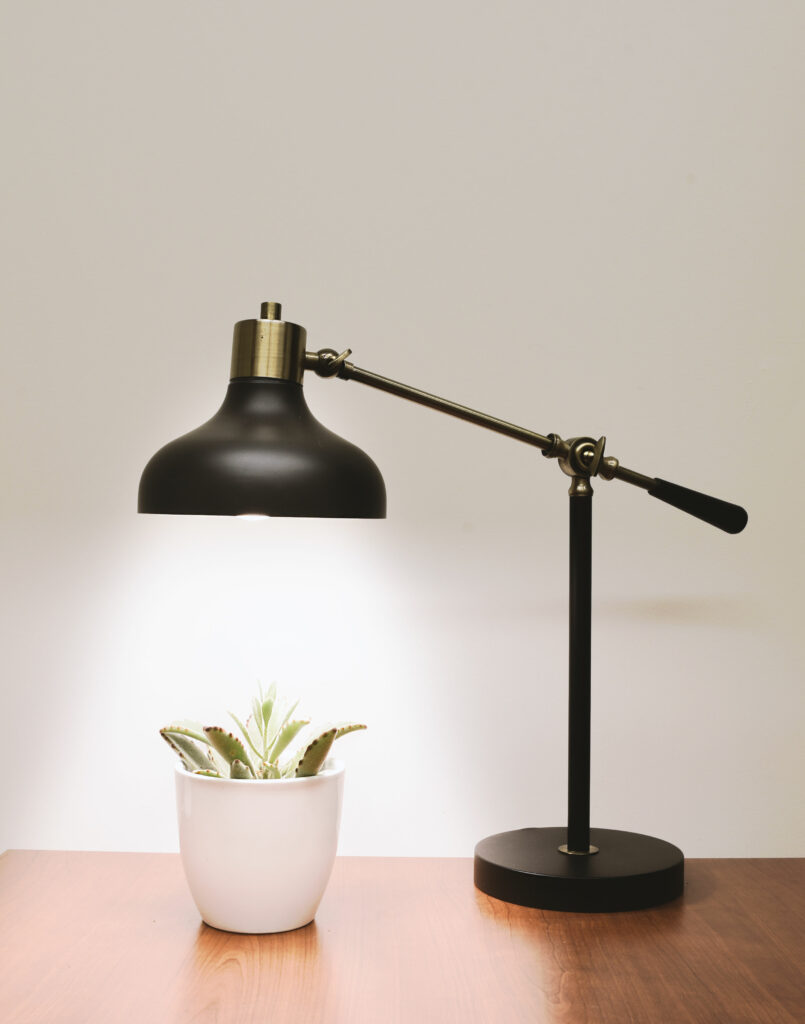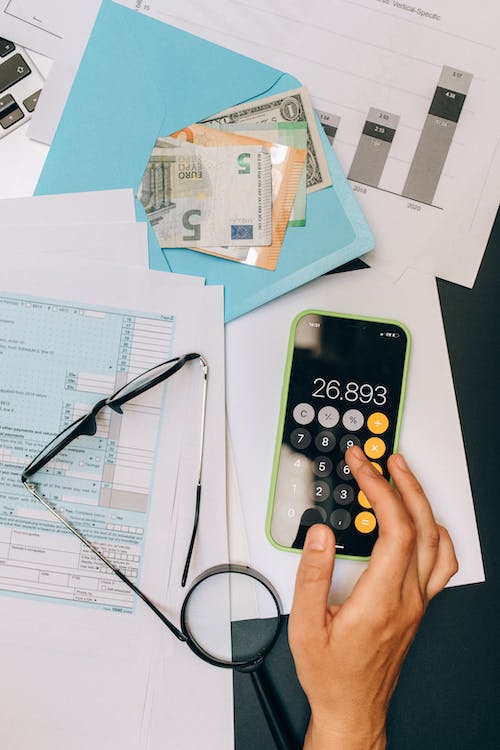Are you looking for ways to save money on your electricity bills?
With current energy prices on the rise, it is becoming increasingly important to look for energy-efficient solutions to help save on energy costs.
Thankfully, there are a variety of energy-efficient tips that you can use to help lower your electricity costs. From green energy-efficient appliances to simple lifestyle changes, there are a wealth of ways you can save power and money.
By using energy-efficient strategies, you can reduce your energy consumption, lower your monthly energy bills, and save money.
To get You started, here are the best energy-efficient tips to help you lower your electricity costs this season

1. Install Energy-Efficient Appliances
If you’re in the market for new appliances, make sure you choose energy-efficient models that are certified by ENERGY STAR.
These appliances are specially designed to use less electricity than traditional appliances, so they can help lower your monthly energy costs.
Make sure your old appliances are in working order and properly serviced. If they are not, they can be costing you money unnecessarily. If an appliance is not functioning, consider replacing it with an energy-efficient model.
2. Use Energy-Efficient Lighting
When it comes to lighting, switch to energy-efficient options, such as LEDs or CFLs. These lighting options use significantly less energy and last longer than traditional lightbulbs, so you can save money and energy. Whenever possible, use natural light during the day and only use artificial lighting when you need it.
3. Unplug Unused Appliances
Do you have any devices or appliances that are always plugged in but not in use? Unplug them when you’re not using them – they’re still consuming electricity, even when they’re switched off.
Unplugging unused electronics can help you save energy and money.
4. Reduce Your Water Usage
By reducing your water usage, you’re not only conserving water, but you’re also reducing the amount of energy you use to heat water.
One of the easiest ways to reduce water usage is to install low-flow faucets and showerheads. You can also opt for a more energy-efficient water heater with a more efficient power source.
5. Check for Leaks and Gaps
Air leaks and gaps around doors and windows allow heated or cooled air in and out of your home, causing your HVAC system to run longer and waste energy.
To fix this, install weatherstripping and caulk around doors and windows to reduce airflow in and out of your home and make it easier for your HVAC system to maintain the desired temperature.
6. Wash Your Clothes in Cold Water if Possible

7. Regularly replace AC/Heating/HVAC filters
Filters that are dirty force your system to work harder and longer than it ought to.
8. When Cooking, Switch to the Microwave Instead of the Stove
9. Defrost Your Refrigerator and Freezer
Defrost your freezer and refrigerator before ice accumulation reaches a thickness of 1/4 inch. This will keep it running efficiently.
10. Make Shade Your Friend
During the warmer months, close the blinds, shades, and curtains on the sunny side of your house to keep it cooler and put less strain on your air conditioner.
When the weather is colder, open them so the sun can warm your house.
11. Do NOT Open the Oven When in Use
While baking, avoid peeking inside the oven since every time you do, the temperature might decrease by 25°F, requiring your oven to expend more energy to raise it.
12. Light Your Way Naturally
When possible, use natural light. Roll the blinds up and open the windows.
13. Use a Timer
Control your outdoor fixtures with a photocell or timer to ensure they are only on during dusk-to-dawn.
14. Turn Off and Unplug Electronics When Not in Use
Turn off electronics when you’re not using them. Your computer, monitor, printer, and fax machine should only be turned on when necessary.
15. Optimize Room Temperature
Set your thermostat to 78°F in the summer and 68°F in the winter. Every degree of extra heating or cooling will increase energy usage by 6% to 8%.
Setting your thermostat to a lower temperature than normal will not cool your home faster.
16. Use the Fan
By using your ceiling fan to help circulate air, you can effectively increase the temperature on your thermostat during warmer months by about 4 degrees without a noticeable difference in comfort.
16. Fill up the Freezer and Fridge (But Don’t Overfill Them)
Keep your refrigerator and freezer full (using water bottles if nothing else), as they operate most efficiently when full. But be mindful of OVERFILLING them.
Doing so will restrict ventilation and make the device work harder.
17. Use ‘Hot Appliances’ at Night
Use clothes dryers/washers and dishwashers during the evening hours to keep the house cooler.
18. Switch to ‘Air Dry’
Find the settings on your dishwasher and change it to ‘air dry’. This mode will utilize blown air vs heat to dry your dishes, reducing energy consumption.
19. Check the Manufacture’s Temperature Recommendations
To minimize overcooling and energy waste, set your refrigerator to the manufacturer’s recommended temperature.
20. Turn off Ventilation Fans
Ventilation fans in bathrooms and kitchens should not be left on for longer than required since they exchange indoor air for outside air.
21. Upgrade or Update Windows
Apply solar blinds or window tinting film to single-pane windows that aren’t as energy efficient, or consider replacing them altogether.
22. Programmable Thermostat
These thermostats can be timed to work with changing temperatures and weather patterns to help you get the most out of your AC or heating units.
23. Turn Off Lights
Approximately 12% of the average home’s monthly power bill goes toward lighting costs, so remember to turn off lights when they’re not in use.
24. Unplug Your Charger
Our cell phone only needs to be charged for a few hours, so don’t keep it plugged in overnight.
25. Anticipate Cooking Timers
You can save energy and time by turning off the oven a few minutes before the end of the cooking period, all without impacting the final product.
26. Be Mindful of Where you Place Appliances
Keep the thermostat at least three feet away from any heat-producing devices or appliances, such lights and televisions.
27. Dress Appropriately for the Weather
Be prepared for the elements by wearing appropriate clothing. Home comfort may be achieved with little use of heating and cooling systems by dressing appropriately for the season.
These are just a few of the many energy-efficient tips you can use to help reduce your electricity costs. While it may seem like a daunting task, the changes you make today can help save you money in the long run. So, start reducing your energy consumption and saving money today!



![Why Self-Care Art Could Be Your Natural Stress Relief [Expert Guide] 7 pexels coralbellestudios 811575](https://www.momooze.com/wp-content/uploads/pexels-coralbellestudios-811575.jpg)


